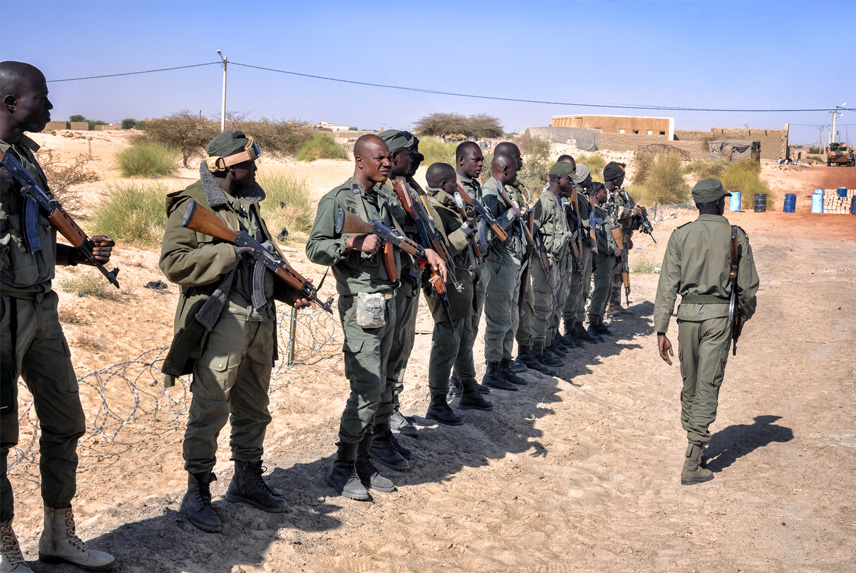
Posted On : Dec 11 2020
Ansar al-Dine (AAD): Mali`s Complex Extremist Group
Ansar al-Dine (AAD), an extremist group based in Mali, has played a significant role in the country`s complex security landscape. Rooted in a radical interpretation of Islam, AAD emerged as a powerful actor during Mali`s 2012 crisis, leaving a lasting impact on the region.

Ansar al-Dine was founded by Iyad Ag Ghaly, a Tuareg leader with a history of involvement in various Tuareg rebellions. The group's ideology draws from a strict interpretation of Islamic law, aiming to establish an Islamic state governed by Sharia principles in Mali. Its inception coincided with the Tuareg rebellion and the subsequent power vacuum in the northern regions of Mali, providing fertile ground for AAD's activities.
Activities and Control
AAD gained prominence through its alliance with other jihadist groups, including Al-Qaeda in the Islamic Maghreb (AQIM), and temporarily seized control of key northern cities like Timbuktu and Gao in 2012. During their rule, AAD implemented harsh interpretations of Sharia law, resulting in widespread human rights abuses and destruction of cultural heritage sites.
Counterterrorism Efforts
Mali, supported by regional and international partners, launched military operations to oust AAD and other extremist groups from the north. These efforts resulted in the liberation of major cities, but AAD and its affiliates retreated to remote and inhospitable regions. Counterterrorism operations have continued, but the group's ability to adapt to the challenging terrain has made their complete eradication difficult.
Affiliations and International Networks
AAD's affiliations with larger jihadist networks, particularly AQIM, have provided access to resources and training. These connections have enabled the group to continue carrying out attacks and maintaining a presence in the region despite military pressure.
Future Implications
Ansar al-Dine's future remains uncertain. While it has suffered setbacks, its ability to regroup and maintain a presence in Mali's northern regions underscores the enduring challenge it poses. The situation is further complicated by the ongoing ethnic tensions and governance issues in Mali.
Conclusion
Ansar al-Dine's emergence and activities in Mali highlight the complex and evolving nature of extremist groups in the Sahel region. Addressing the root causes of radicalization, resolving Mali's internal conflicts, and fostering international collaboration will be essential in countering the influence of AAD and similar extremist organizations. The path forward demands a comprehensive approach that integrates security, governance, and development efforts to ensure lasting stability in Mali and the broader Sahel region.
No Comments Added




















